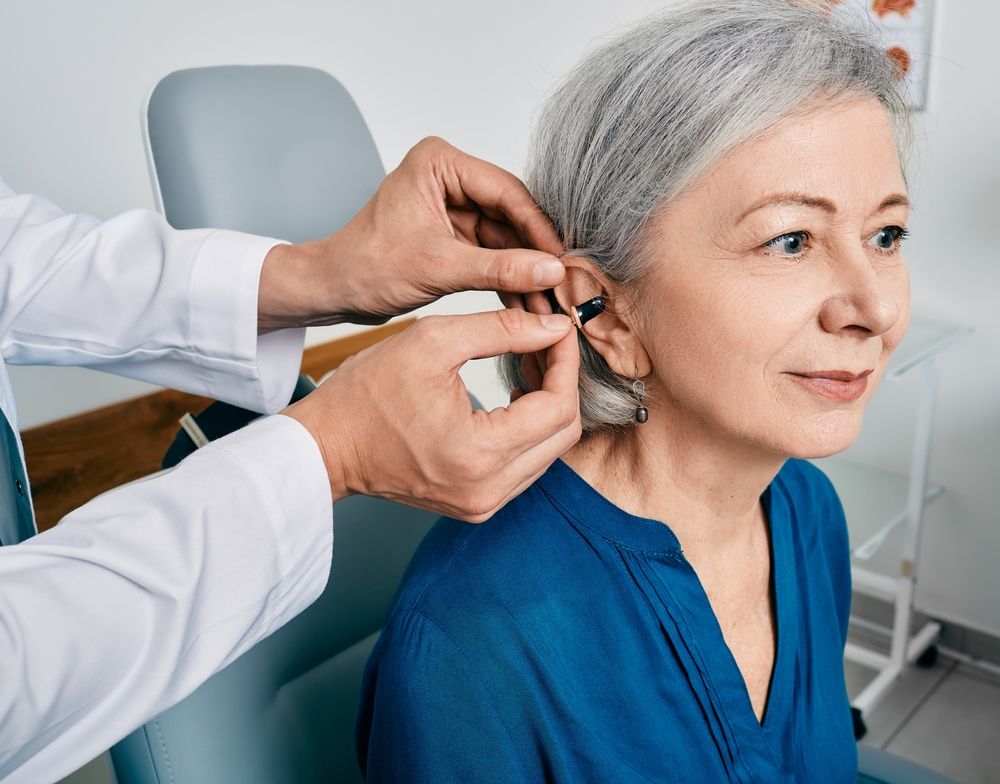
Investing in your first pair of hearing aids can be a combination of anticipation and anxiety. Whether you’re eager to enjoy discussions more clearly, reconnect with friends and family, or just hear the world around you once more, it’s a big step toward better hearing health. But similar to any new experience, it’s normal to have questions, particularly about how hearing aids will feel and how long it might take to adjust.
Many first-time users are not sure what to expect. Will the hearing aids feel cumbersome or awkward? Will everyday sounds feel too loud? Will it take a long time to get accustomed to them? Most individuals share these worries, yet with effective support and some patience, many discover that wearing hearing aids becomes a familiar and beneficial facet of their everyday activities.
As you get through this change, it’s essential to comprehend what lies ahead and take practical steps to reduce any disruption, ensuring a smooth integration into your new situation.
What to anticipate during the preliminary adjustment time
So, are hearing aids uncomfortable? Initially, they might take some getting used to, especially if you’re not accustomed to having objects in your ears. Just like using a new pair of glasses or adjusting to a wristwatch , it takes time for your brain and body to adjust.
You will observe the most significant changes in two main areas in the initial weeks of using hearing aids.
Bodily feeling
You may initially detect some pressure or unfamiliarity in your ear canal. This is entirely normal. Many hearing specialists recommend easing into use, beginning with a few hours a day and gradually increasing the duration.
A bit of discomfort is fine, but pain isn’t. If your devices create soreness or inflammation, don’t wait to get in touch with your hearing care provider. They can fine-tune the fit or try a different design better suited to your ear shape.
Perception of sound
One of the most surprising parts of the adjustment process is hearing everyday sounds that you may not have noticed before.
Initially, everyday sounds like the fridge’s gentle thrum, chirping birds, or the creak of your own footsteps can seem unusually loud. This is because your brain is figuring out how to process a wider range of sounds again.
While it may seem like a lot to deal with, your brain will slowly adjust to ignore insignificant noises in the background and concentrate on important things such as voices and music. This is part of your auditory system “retraining” itself.
Tips to enhance hearing aid comfort and efficiency
Fortunately, there are various techniques available to assist in making you feel secure and positive as you acclimate to your new hearing devices.
1. Begin gradually
You don’t need to feel obligated to use your hearing aids all day immediately. Start with dedicating one to four hours everyday, particularly in peaceful settings like your home.
As you become more familiar with the devices, you can incrementally expand your usage to a comfortable level.
2. Practice makes perfect
Try using your hearing aids while participating in activities that help your brain adapt. Engaging in activities like reading along with audiobooks as you read or watching movies with subtitles can enhance your ability to recognize speech and improve your listening skills in an enjoyable manner.
3. Keep in touch with your hearing specialist
Fit and performance go hand-in-hand. If something doesn’t seem right, whether it’s how the device sits in your ear or how the sound is being handled, don’t wait. Your audiologist can calibrate your hearing aids and provide suggestions for improved benefits. In certain cases, a custom-fit hearing aid may be the best option for your distinct ear shape and needs.
Embracing your new hearing experience
You can expect a short transition time as you get used to wearing your hearing aids. Through regular wear, diligent maintenance, and assistance from your audiologist, your new hearing aids will rapidly become an integral part of your daily life.
Rather than concentrating on the device itself, your focus will shift to the pleasure of clearer conversations, natural sounds, music, and everyday interactions.
The key is patience, practice, and remaining proactive about your comfort. Before long, your hearing aids will not only improve how you hear, but also how you live.